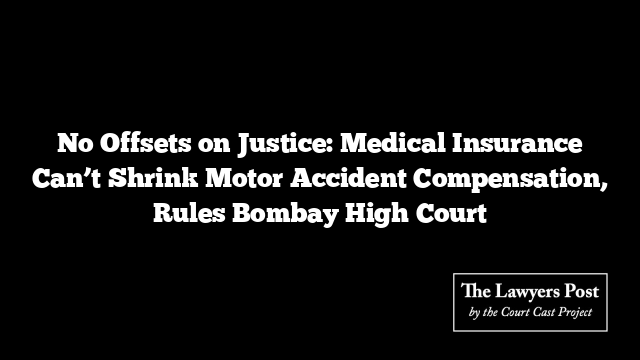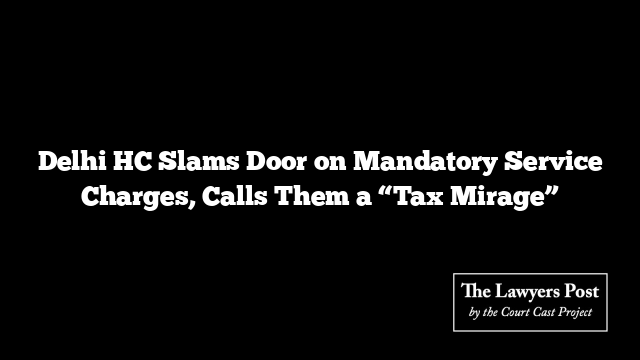In a decisive ruling that could reshape how compensation is calculated in motor accident cases, the Bombay High Court has drawn a firm line: payouts from mediclaim or health insurance policies can’t be subtracted from compensation awarded under the Motor Vehicles Act (MV Act).
This came in response to a legal battle where New India Assurance Company contested a compensation order granted by the Motor Accident Claims Tribunal (MACT) in Mumbai to a woman named Dolly Satish Gandhi. The insurer argued that since Gandhi had already received money under her medical insurance, the MACT compensation should be reduced accordingly—essentially arguing against what they saw as “double compensation.”
But the Court wasn’t having it.
A full bench—comprising Justices AS Chandurkar, Milind Jadhav, and Gauri Godse—made it clear: contractual benefits under a mediclaim policy exist independently of statutory compensation under the MV Act. One cannot cannibalize the other. Mediclaim payouts, they ruled, are rooted in private agreements between an individual and their insurer, while MV Act compensation is a statutory entitlement meant to right a wrong. They simply don’t belong in the same ledger.
The Court was emphatic: any deductions of insurance payouts from motor accident compensation would effectively let the wrongdoer—or their insurer—off the hook, benefiting from the victim’s prudent financial planning. That, the bench said, goes against both the spirit and letter of justice.
“Just compensation,” the judges reiterated, is not a formula to be adjusted with insurance receipts. It is a principle designed to restore the victim to the position they were in before the accident—not to provide an escape hatch for the at-fault party.
Referencing earlier Supreme Court rulings, the bench also dismissed the notion that such compensation results in a “windfall” for the victim. On the contrary, they warned that deducting insurance payouts could lead to unjust enrichment of those responsible for the accident—rewarding the wrong party.
The matter will now return to the single judge for fresh consideration, but the message is clear: statutory compensation stands tall and untouched, regardless of what other protections a person may have had in place.
In the courtroom, arguments flew from all corners—counsels for insurers, victims, even an amicus curiae brought in for broader legal perspective. But at the end of it all, the Court’s stance was firm: justice isn’t a balance sheet, and foresight shouldn’t be punished.





